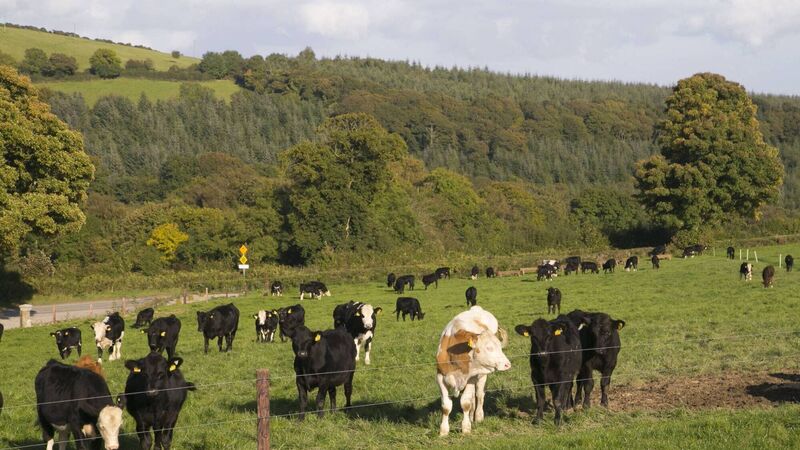Letters to the editor: Emissions cut must not put food security at risk

The current divisions between climate change activists and the Green Party and farmers as food producers needs to be resolved.
Try from €1.50 / week
SUBSCRIBEIn Ireland we consistently take food supply for granted. This is largely due to the fact that we continuously produce more food than our population of 5m people consume. However, this wasn’t always the case, especially during the Great Famine in 1840s and 100 years later in the 1940s when the Second World War was raging.
Those who are old enough to remember the 1940s will have known about rationing books and food coupons which were then compulsory to purchase a rationed food supply for families to feed themselves. While it is unlikely that Ireland will ever experience this level of food shortage again, it is still foolish and imprudent to take food security for granted. Due to the war in Ukraine, there is now a serious wheat supply problem emerging, which could escalate to a scarcity of wheat-related consumables, including bread.
Already a subscriber? Sign in
You have reached your article limit.
Annual €130 €80
Best value
Monthly €12€6 / month
Introductory offers for new customers. Annual billed once for first year. Renews at €130. Monthly initial discount (first 3 months) billed monthly, then €12 a month. Ts&Cs apply.
Newsletter
Sign up to the best reads of the week from irishexaminer.com selected just for you.

Select your favourite newsletters and get the best of Irish Examiner delivered to your inbox
Monday, February 9, 2026 - 5:00 PM
Monday, February 9, 2026 - 5:00 PM
Monday, February 9, 2026 - 6:00 PM
© Examiner Echo Group Limited